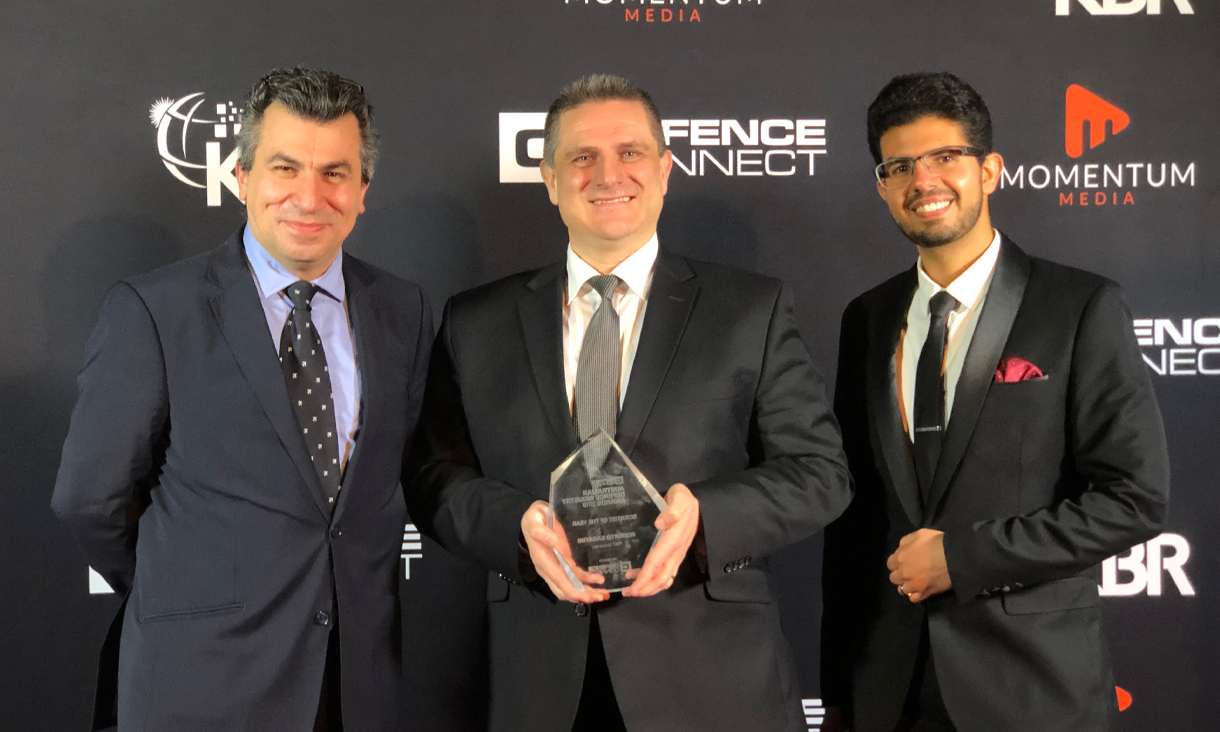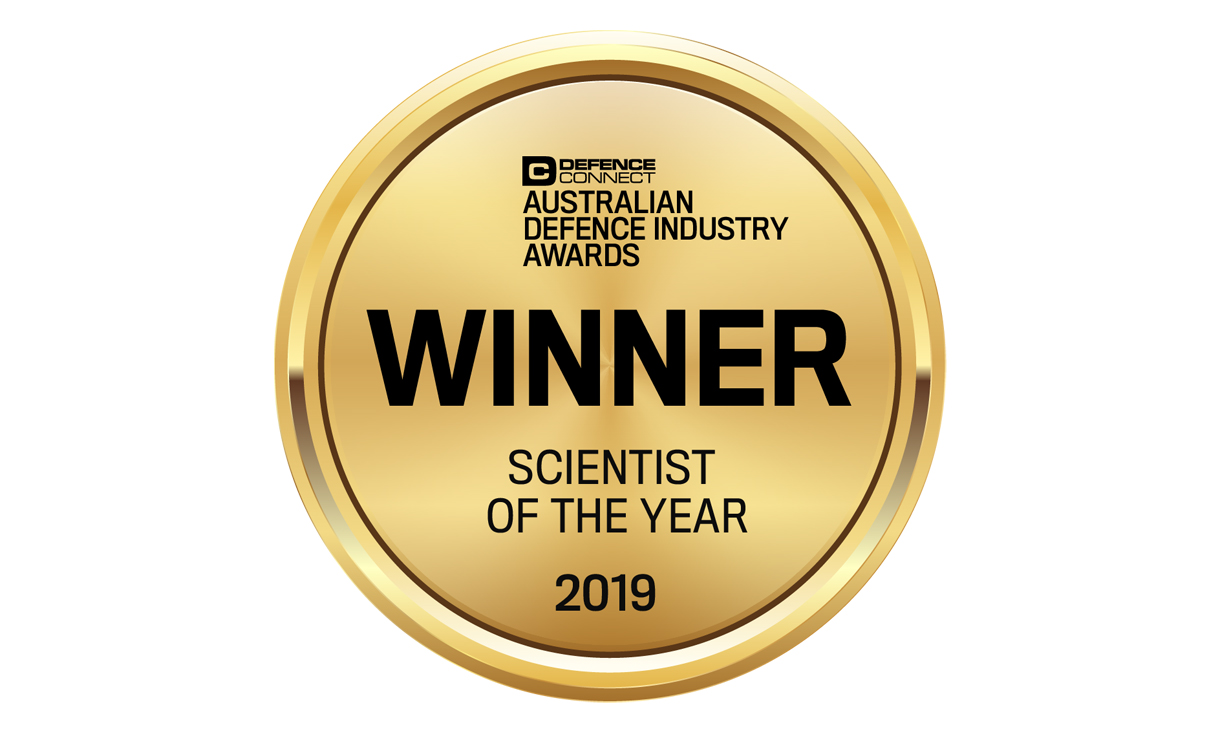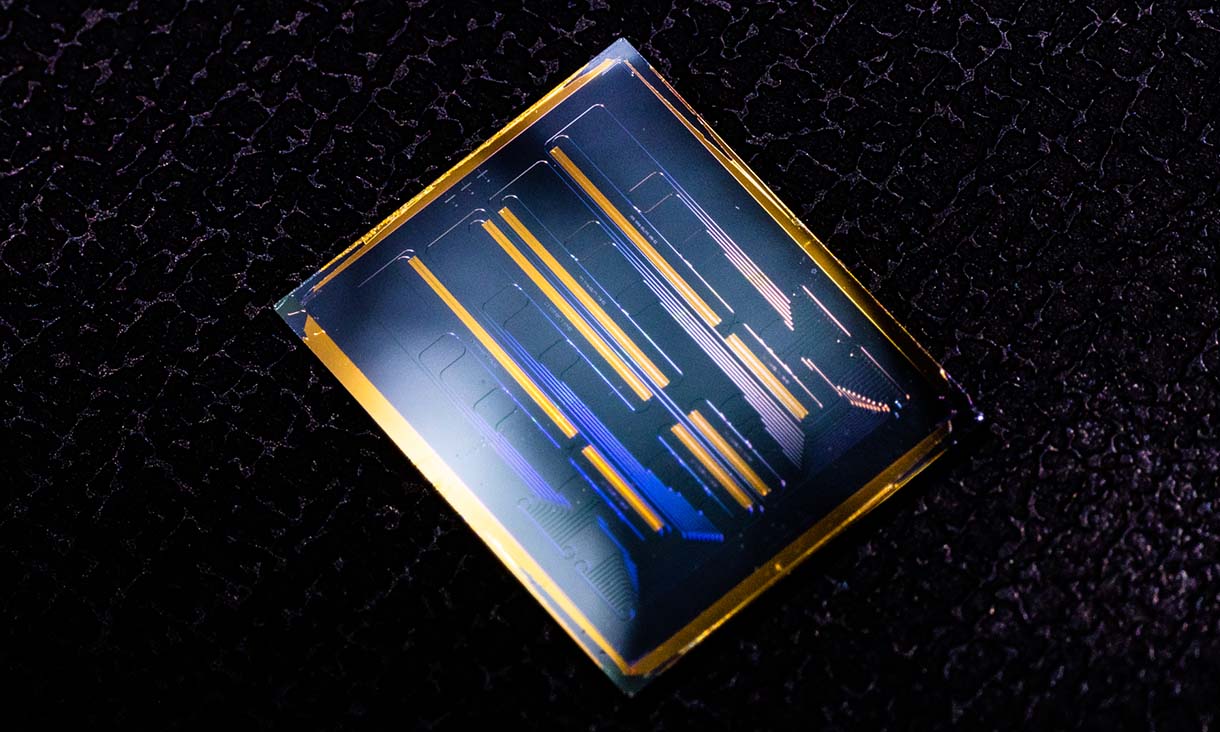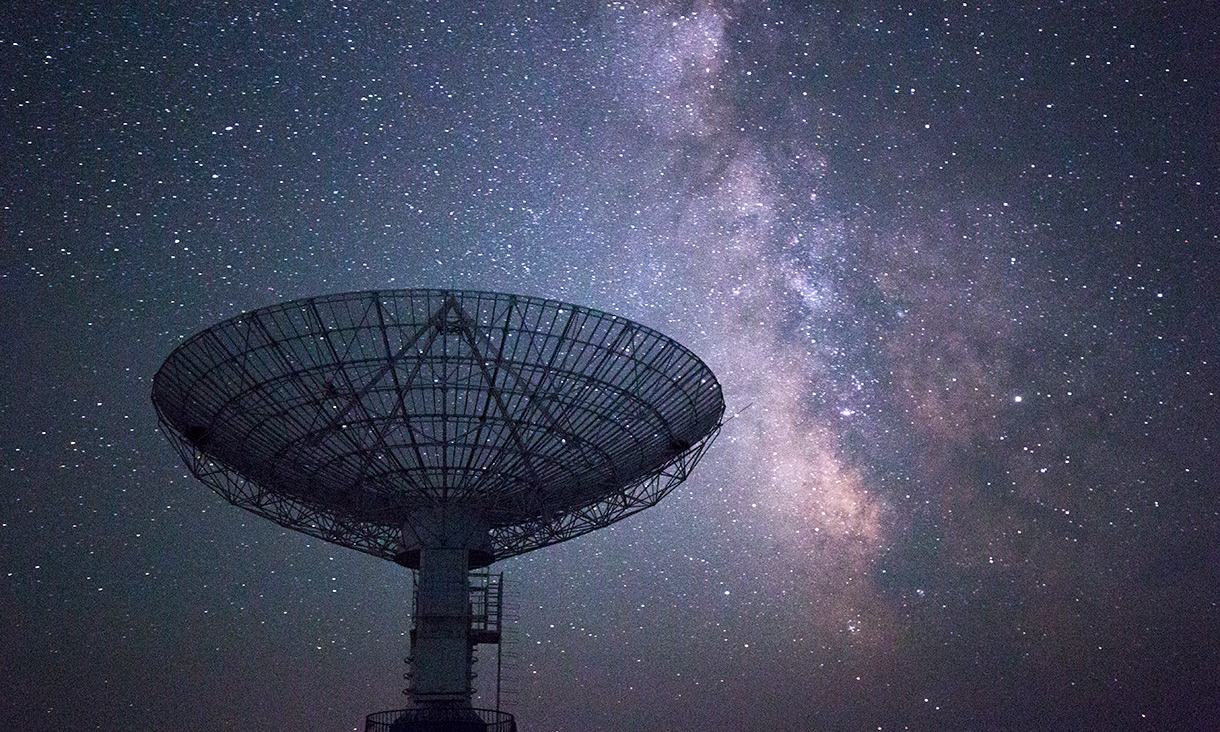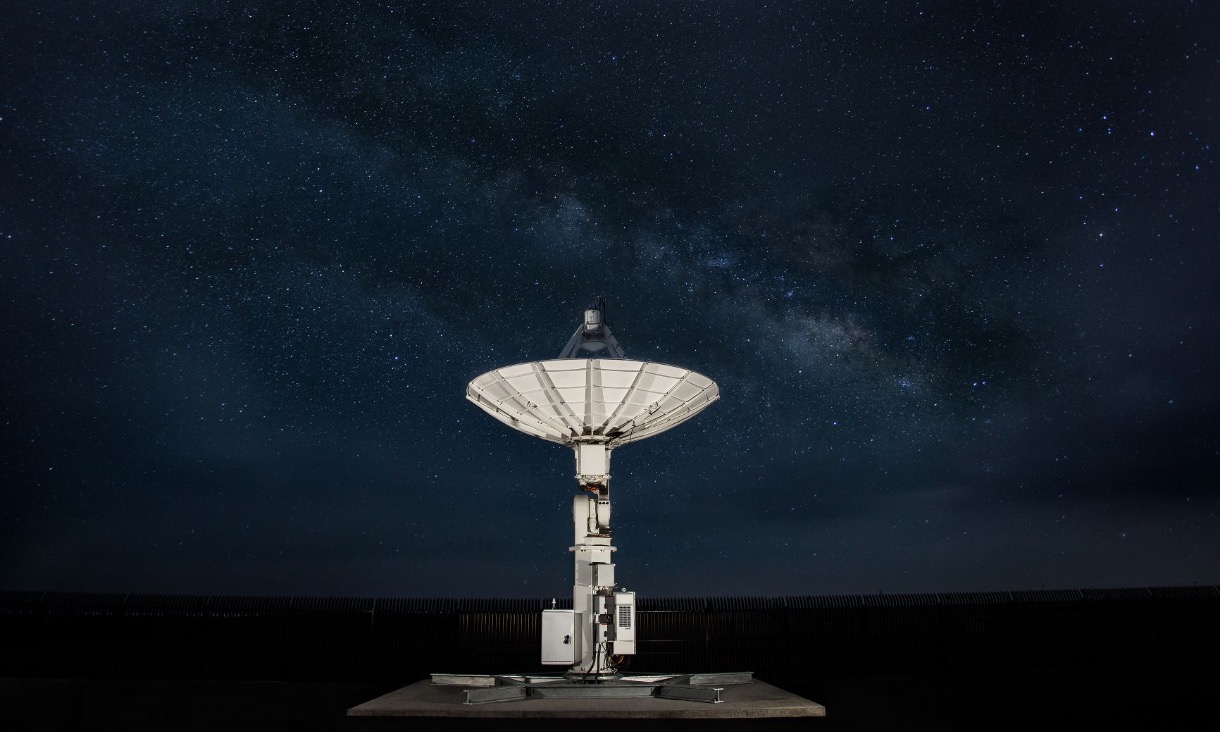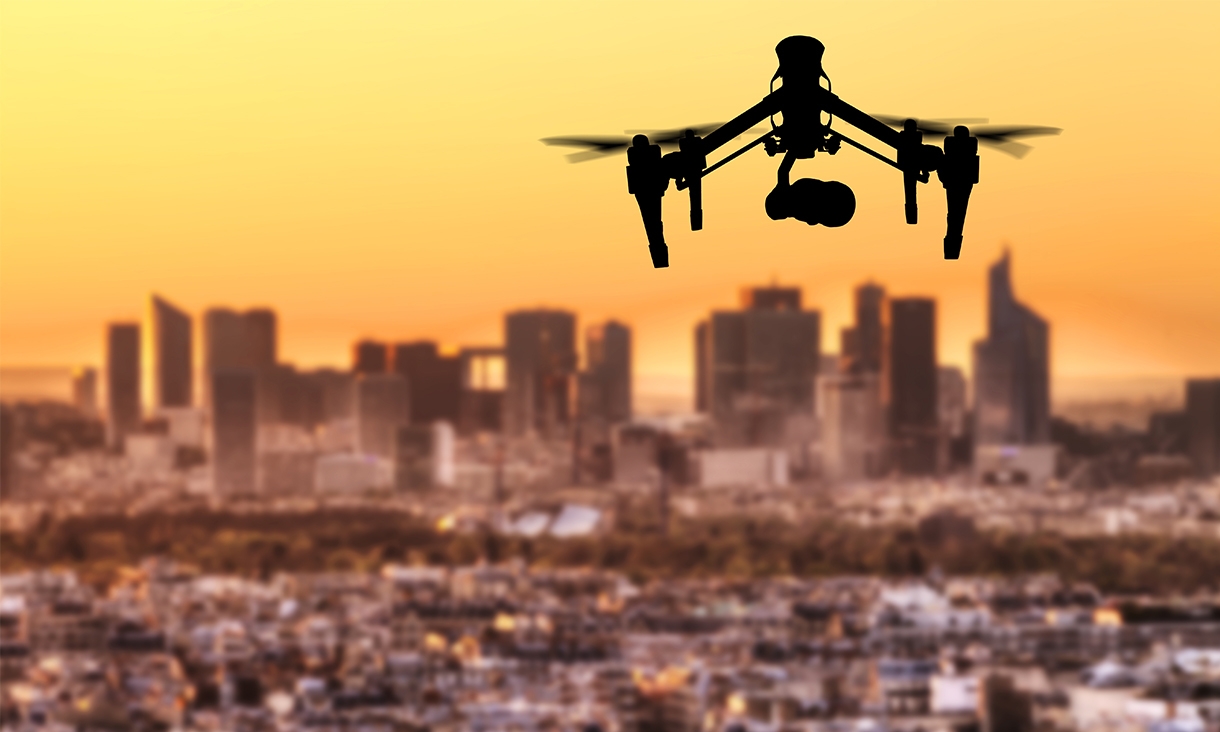Light-based tech could inspire Moon navigation and next-gen farming
Super-thin chips made from lithium niobate are set to overtake silicon chips in light-based technologies, according to world-leading scientists in the field, with potential applications ranging from remote ripening-fruit detection on Earth to navigation on the Moon.
Boeing and RMIT partner to build space manufacturing capability
Australian space manufacturing will take a giant leap thanks to Boeing’s expertise in space product development and RMIT’s world-leading research in advanced manufacturing.
Space Industry Hub set to launch Victorian expertise into global markets
A new Space Industry Hub at RMIT will connect local business and research to global opportunities in space technology.
Successful trials show way forward to making quieter drone propellers
Researchers have published a study revealing their successful approach to designing much quieter propellers.
